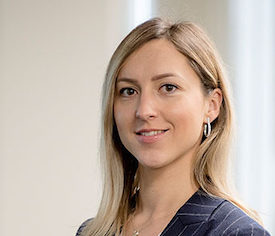European asset managers that can develop innovative private asset products for private wealth channels are set to attract significant business over the next three to five years.
That’s according to Cerulli Associates’ latest report, European Alternative Investments 2023: Helping Investors Diversify.
The report said asset managers headquartered in Europe saw their private market assets continue to grow in 2022, albeit more slowly than in previous years, and their total assets under management (AUM) exceeded €2.3 trillion by the end of the year.
Institutional investors remain the region’s major allocators to private assets.
“In contrast, European high-net-worth (HNW) and ultra-high-net-worth (UHNW) investors are still underexposed to private asset classes—but that is set to change,” said Cerulli.
“According to the research, most private banks and wealth managers expect their HNW and UHNW clients’ allocations to private assets to increase more than family offices’ allocations, which represents a significant new revenue opportunity for asset managers.”
Justina Deveikyte, director of Cerulli’s European institutional asset management research, said: “Half of the German and around 40% of the Swiss and U.K. private banks and wealth managers plan to increase their allocations to private equity growth strategies over the next 12 to 24 months.
“They already have significant allocations to private equity strategies, yet private banks and wealth managers generally remain bullish on private equity.”
Although private banks’ and their clients’ demand for private equity and infrastructure funds will remain strong, their demand for real estate is expected to decrease over the next 12 to 24 months.
For instance, 20% of the French private banks and wealth managers Cerulli surveyed plan to reduce their recommended allocations to real estate and around 13% of U.K. and Italian respondents anticipate decreasing their recommended allocation to the asset class over the same period.
However, private banks and wealth managers are increasingly keen to use technology-driven distribution platforms such as iCapital and S64.
More than a quarter (27%) indicated that partnering with distribution platforms will be a high priority for them over the next 12 to 24 months. In addition, Cerulli believes that new semi-liquid products that are yet to come to the market need to be relevant—they need to provide diversification benefits and have a strong focus on sustainability.
“Rapid development of technology, especially the tokenization of assets, will help to speed up the democratization of private assets,” added Deveikyte.
“Several managers have already tokenized some of their funds and many more are considering doing so over the next three to five years.”
